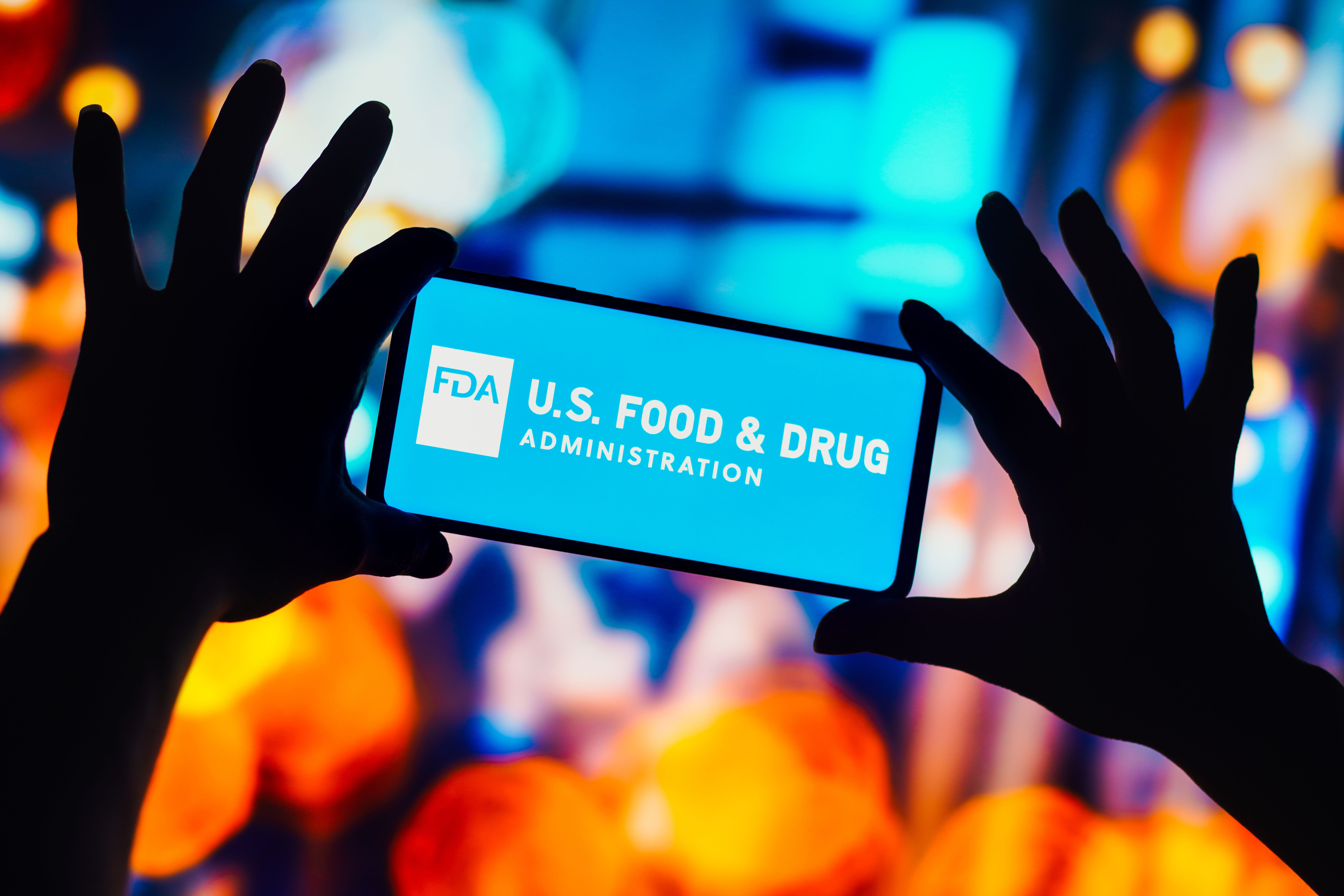- Bone Health
- Immunology
- Hematology
- Respiratory
- Dermatology
- Diabetes
- Gastroenterology
- Neurology
- Oncology
- Ophthalmology
- Rare Disease
- Rheumatology
FDA Approves First Omalizumab Biosimilar
Celltrion's Omlyclo (omalizumab-igec) is the first omalizumab biosimilar to be approved for US patients, and it was approved with interchangeability, making it easier for patients to switch to the Xolair competitor.
The FDA announced the approval of Celltrion USA's Omlyclo (omalizumab-igec) as the first biosimilar to reference Xolair (omalizumab).1,2 The biosimilar was also approved with interchangeability status and is the first respiratory biosimilar in the US.
Celltrion's Omlyclo (omalizumab-igec) is the first omalizumab biosimilar to be approved for US patients, and it was approved with interchangeability, making it easier for patients to switch to the Xolair competitor. | Image credit: Rafael Henrique - stock.adobe.com

The approval comes a couple months after Health Canada approved Omlyclo in December 2024.3 Both regulatory decisions were based on results from a double-blind, randomized, active-controlled, parallel group, phase 3 study (NCT04426890), during which Celltrion confirmed the bioequivalence of CT-P39 to Xolair in patients with CSU.4 The trial, conducted in 6 countries, including Poland and Bulgaria, involved 619 patients with CSU. CT-P39 demonstrated similar results to Xolair in terms of efficacy, safety, pharmacokinetics, and immunogenicity, meeting the pre-defined equivalence criteria.
The approval is for 2 dosage forms: a 75 mg/0.5 mL injection and a 150 mg/mL injection, both to be administered in single-dose prefilled syringes for subcutaneous use—mirroring the respective Xolair formulations.
Omlyclo is designed to help people manage a range of allergic and inflammatory conditions. It’s approved for moderate to severe asthma in adults and kids 6 and older who have allergies and aren’t getting enough relief from inhaled steroids. It also helps adults with chronic sinus inflammation and nasal polyps who haven’t had success with nasal corticosteroids.
For those with serious food allergies, Omlyclo could be a cost-effective treatment option. The biosimilar is approved for adults and kids aged 12 months and older to help reduce allergic reactions, including life-threatening anaphylaxis, in case of accidental exposure to food allergens. The FDA recommended that the biosimilar should still be used alongside strict food avoidance.
Patients with chronic spontaneous urticaria that just won’t go away despite using antihistamines can also turn to Omlyclo for relief.
This biologic license application approval also includes labeling for an unbranded biological version, expanding access to more patients. This falls in line with biosimilars in other chronic disease spaces, such as the insulin glargine and adalimumab markets, where a dual-pricing strategy is utilized.5
References
1. FDA approves first interchangeable biosimilar to Xolair. FDA. March 7, 2025. Accessed March 7, 2025.
2. Approval letter concerning BLA 761399. FDA to Celltrion. March 7, 2025. Accessed March 7, 2025.
3. Health Canada approves first omalizumab biosimilar. The Center for Biosimilars®. December 16, 2024. Accessed March 7, 2025. https://www.centerforbiosimilars.com/view/health-canada-approves-first-omalizumab-biosimilar
4. Celltrion confirms bioequivalence for CT-P39 against Xolair in interim results of phase 3 study. Korea Biomedical Review. Published April 10, 2024. Accessed December 13, 2024. https://www.koreabiomed.com/news/articleView.html?idxno=20848
5. Jeremias S. Happy birthday adalimumab biosimilars: reflecting on the first year of US competition. The Center for Biosimilars. January 31, 2024. Accessed March 6, 2025. https://www.centerforbiosimilars.com/view/happy-birthday-adalimumab-biosimilars-reflecting-on-the-first-year-of-us-competition
Newsletter
Where clinical, regulatory, and economic perspectives converge—sign up for Center for Biosimilars® emails to get expert insights on emerging treatment paradigms, biosimilar policy, and real-world outcomes that shape patient care.
